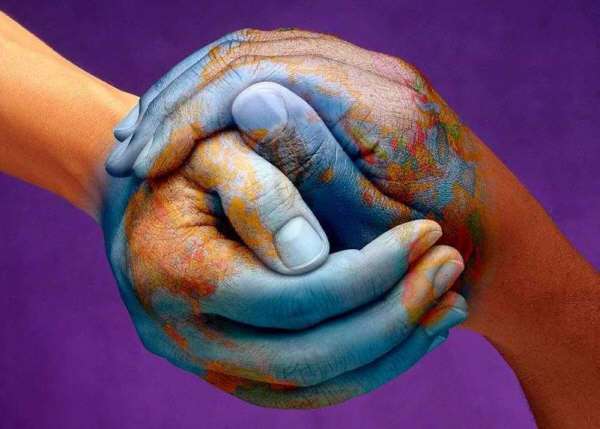To lead is to mobilize people for certain purposes and to help the team establish and achieve goals in a collaborative way. The leader’s main job is to create meaningful goals. Leadership is a tripartite process: the leader, the followers, and the context. One cannot lead if he/she does not have power, which is the ability to affect other people’s behavior in order to achieve the desired results. A change leader inspires his/her followers to transcend personal interests with a view to more meaningful objectives for the team and for society. The more global the objectives, the greater the impact of the leader’s decisions.
It was with this global change in mind that I participated in the talk-debate that took place at Harvard University, with Ban KI-Moon. Globally renowned, Ban Ki-Moon was a United Nations secretary for ten years. Born in South Korea, he holds a Master’s degree from the Harvard School of Government. He made a career at the South Korean International Relations Ministry for 37 years. Ban Ki-Moon also worked as a diplomat in several countries, including the international sector of the United Nations.
During the lecture, the former UN secretary claimed to be totally aware that we live in a globalized world and that he rejects a nationalistic stance. He highlighted that a leader must have a global vision and social, humanitarian consciousness about the problems that affect the world. According to Ban Ki-Moon, a good information system is essential to back up decision making. However, it is not a substitute for visits to the sites where these problems are, in other words, the most vulnerable places.
Leading actions to achieve development goals of this millennium is the former UN secretary´s priority. Additionally, Ban Ki-Moon stated that he needs to solve the serious problems that have arisen in the world, from diseases to religious and political conflicts. Still during the talk, the leader pointed out that the question which must be part of our daily life is “How can I contribute to make the world a better place?” Each individual’s answer will guide their actions.
While working as UN Secretary, Ban Ki-Moon gave special attention to children’s and women’s health, and prioritized campaigns to eliminate violence against women and to prevent HIV/AIDS transmission from mother to children. The leader also drew attention to making the UN more transparent, efficient, and effective. Ban Ki-Moon himself suggested the signing of The Paris Agreement on climate change.
Ban Ki-Moon closed the debate by casting light over the importance of forging global leaders. “Global leaders need to understand a globalized and interdependent world, mainly from a socialpolitical, economic, and environmental perspective. They need to respect religious and political diversity, and lead actions to create a better world, stimulating people to learn cooperatively.


